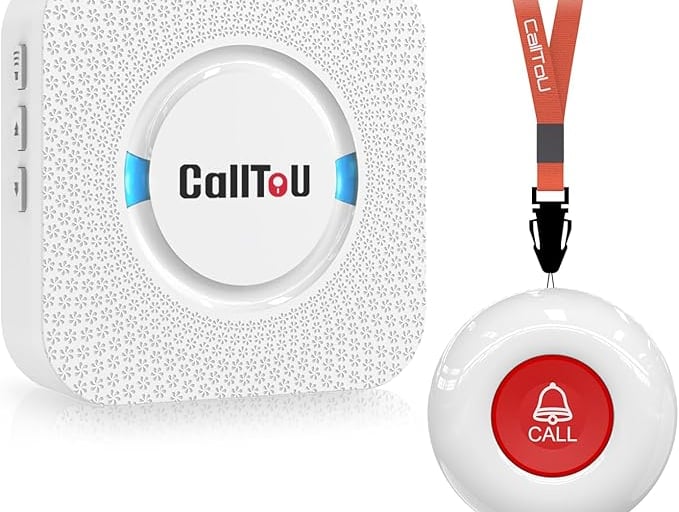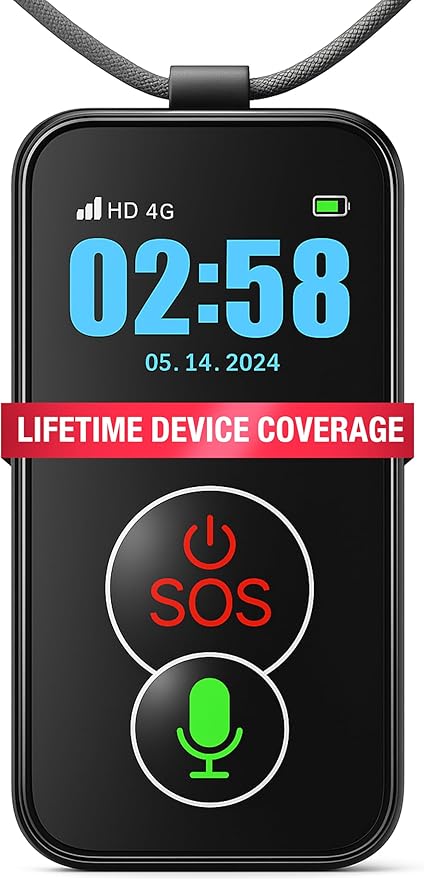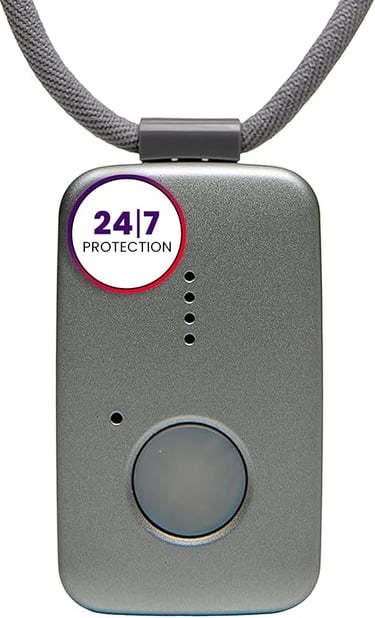Introduction
For older adults and their families, safety and independence are top priorities. One of the greatest concerns for seniors is the risk of falling or facing a sudden health emergency. According to the CDC, one in four Americans aged 65 and older falls each year, often with serious consequences. In those critical moments, quick access to help can make all the difference.
That is where medical alert devices come in. These small, wearable systems connect seniors to trained professionals at the push of a button—or even automatically if a fall is detected. They provide peace of mind for both the user and their loved ones. In 2025, the market offers more choices than ever before, from lightweight pendants to advanced mobile systems with GPS tracking.
Below we review five of the best medical alert devices for seniors this year, highlighting their features, pros, and cons, so you can make an informed choice.
1. Lively Mobile2
The Lively Mobile2 is a compact, all-in-one medical alert device designed for active seniors. It offers fall detection, GPS location services, and 24/7 monitoring. Unlike many pendant-style systems, this one is lightweight enough to wear around the neck or clip to a belt.
Pros
Affordable one-time cost for the device.
Optional fall detection and GPS tracking.
Nationwide coverage using a cellular connection.
Cons
Requires a monthly subscription for monitoring.
Battery life shorter than some competitors.
Best for: Seniors who want a portable system that works inside and outside the home.
2. Medical Guardian Mini Guardian
The Mini Guardian is one of the smallest medical alert devices on the market, about half the size of a standard key fob. It connects directly to a monitoring center via 4G LTE and includes two-way communication.
Pros
Compact, discreet design.
Water-resistant for use in the shower or outdoors.
Wide coverage range through LTE cellular service.
Cons
Higher monthly fees than entry-level devices.
Add-on services (like fall detection) cost extra.
Best for: Seniors seeking a lightweight, unobtrusive device they can wear every day.
3. Bay Alarm Medical SOS Button
Bay Alarm has been a trusted name in safety products for years. Their SOS Button is a straightforward, no-frills medical alert that focuses on reliability. It comes as a pendant or wristband and pairs with a base station in the home.
Pros
Affordable monthly subscription plans.
Highly rated customer service and monitoring.
Simple to use, even for tech-averse seniors.
Cons
Limited range outside the home.
Does not include built-in GPS.
Best for: Seniors who mostly stay at home and want a reliable, budget-friendly alert system.
4. Alert1 Fall Detection Pendant
The Alert1 pendant combines traditional medical alert functions with advanced fall detection. It automatically triggers a call to the monitoring center if it senses a fall, which is especially important for seniors who may lose consciousness.
Pros
Automatic fall detection built into the device.
Can be worn as a pendant or belt clip.
24/7 monitoring in multiple languages.
Cons
Device is bulkier than newer models.
Subscription plans can be pricey compared to others.
Best for: Seniors with higher fall risk who need automatic detection.
5. Stander EZ Assist + Monitoring Bundle
For seniors with mobility issues, the Stander EZ Assist system combines a standing aid with an emergency call button. While less well-known than national brands, it’s ideal for those who struggle with sitting, standing, or moving around the home.
Pros
Combines physical assistance with an alert system.
Easy installation in living rooms, bedrooms, or near chairs.
Durable, supportive design.
Cons
Not truly portable outside the home.
Requires additional setup compared to wearable devices.
Best for: Seniors with mobility challenges who want both physical support and an emergency call option.
Comparison at a Glance
Best all-around protection: Medical Guardian Mini Guardian
Best for home use only: Bay Alarm Medical SOS Button
Best for fall detection: Alert1 Fall Detection Pendant
Best for active lifestyles: Lively Mobile2
Best for mobility assistance: Stander EZ Assist Bundle
Each device has strengths depending on the user’s lifestyle. Active seniors may prefer mobile units with GPS, while homebound users might find a simple pendant more reliable.
Conclusion
Medical alert devices are not just gadgets—they are lifelines. They provide seniors with independence and families with peace of mind. In 2025, the options are more versatile than ever, ranging from compact mobile units to specialized devices for mobility assistance.
When choosing the right system, consider budget, lifestyle, and health needs. Whether it’s a basic home button or an advanced fall detection pendant, the most important step is taking action before an emergency happens.
Ready to explore today’s best options? Click on the images to compare prices and features, and take the first step toward a safer, more independent life.





